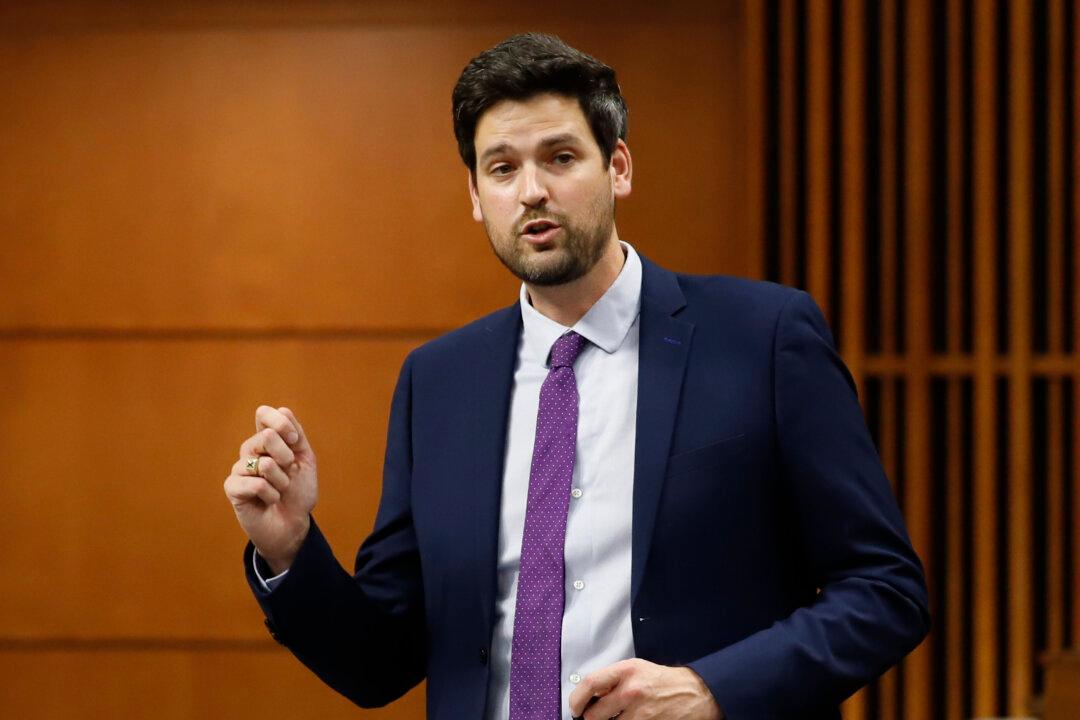The Liberal government aims to bring in more than 1.3 million new immigrants to Canada over the next three years despite having a backlog of 1.8 million applications waiting to be processed due to pandemic-induced delays.
On Feb. 14, Immigration Minister Sean Fraser tabled his three-year immigration levels plan in Parliament, calling for a yearly intake that will reach 431,645 permanent residents in 2022, 447,055 in 2023, and 451,000 in 2024.





